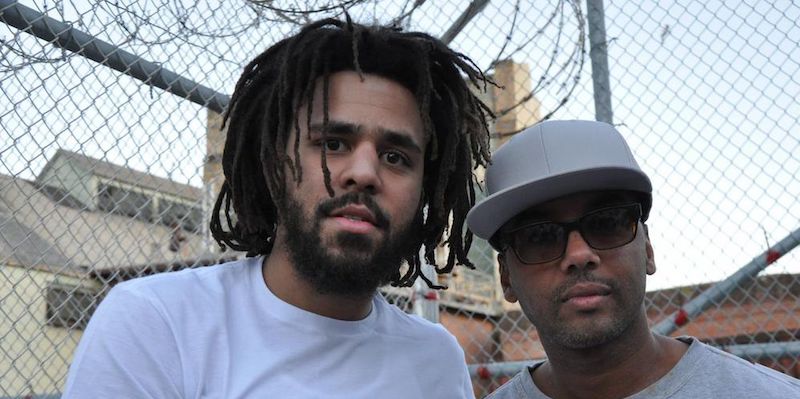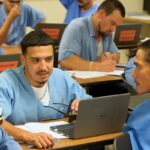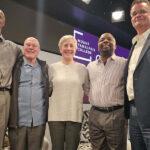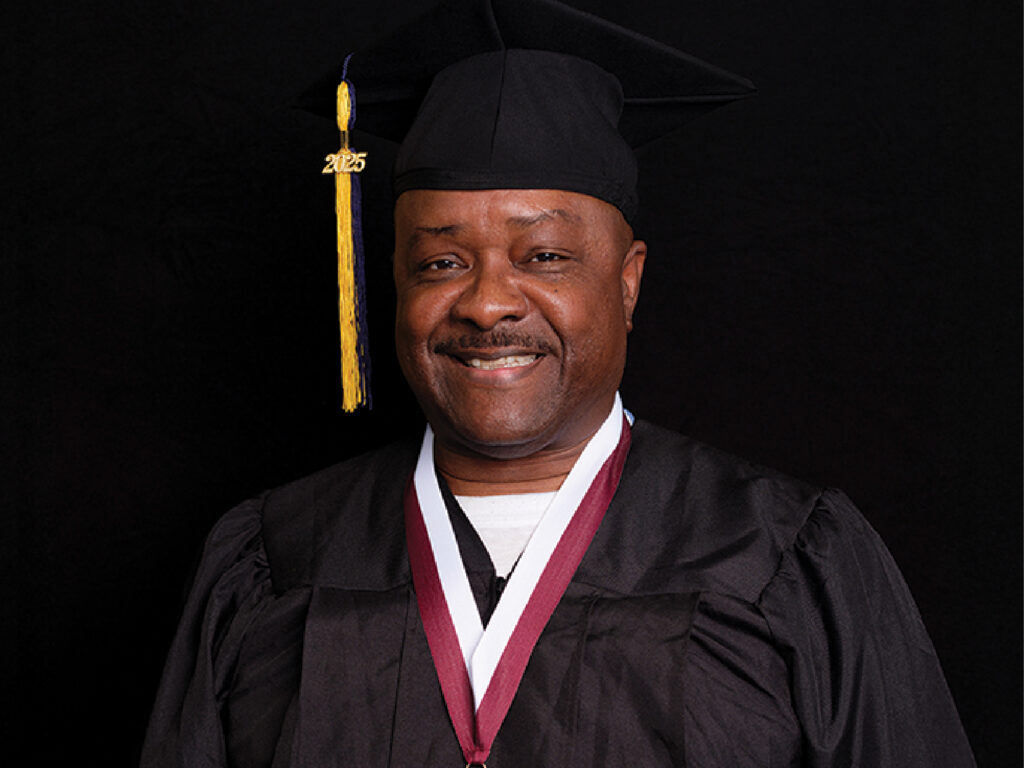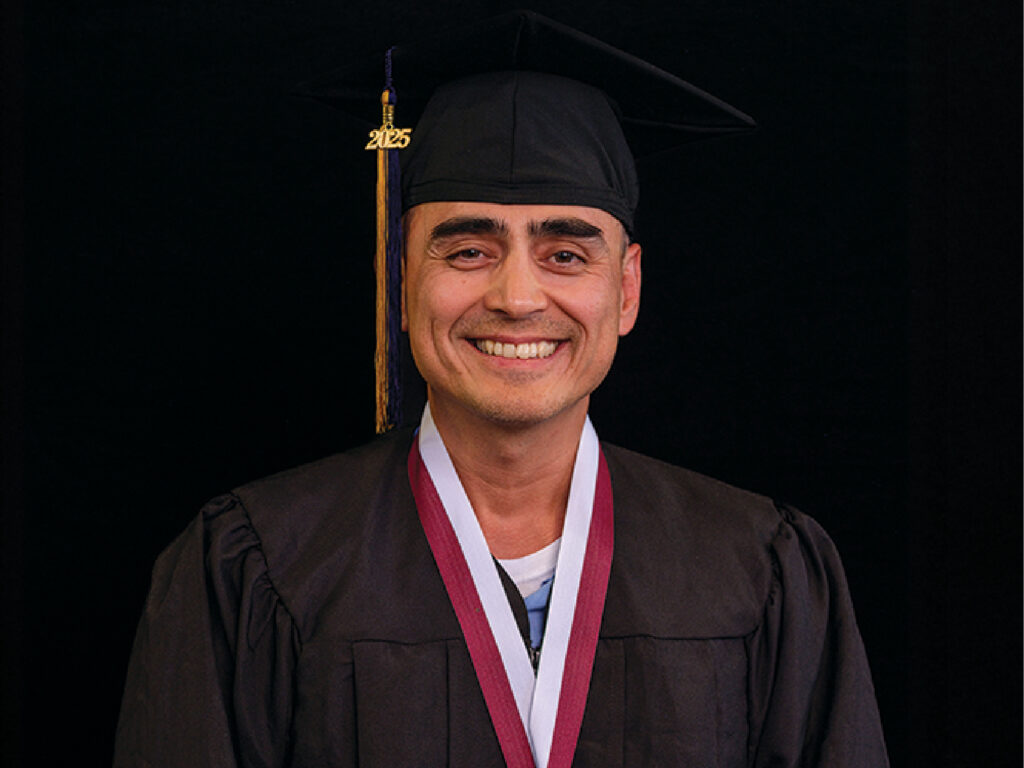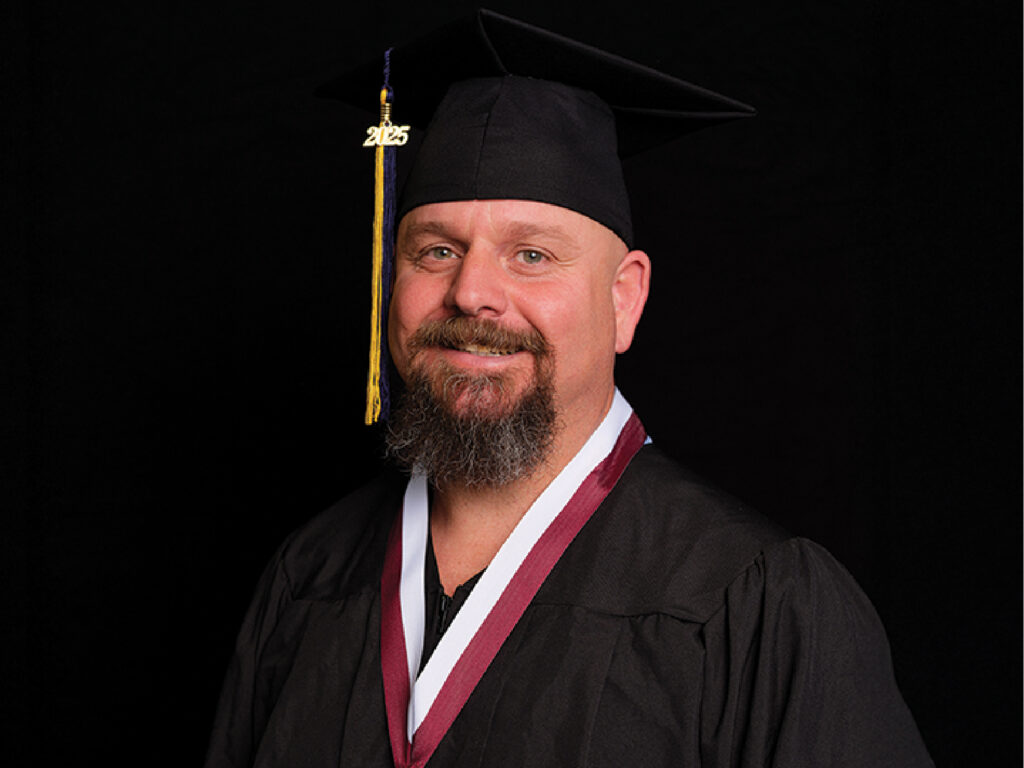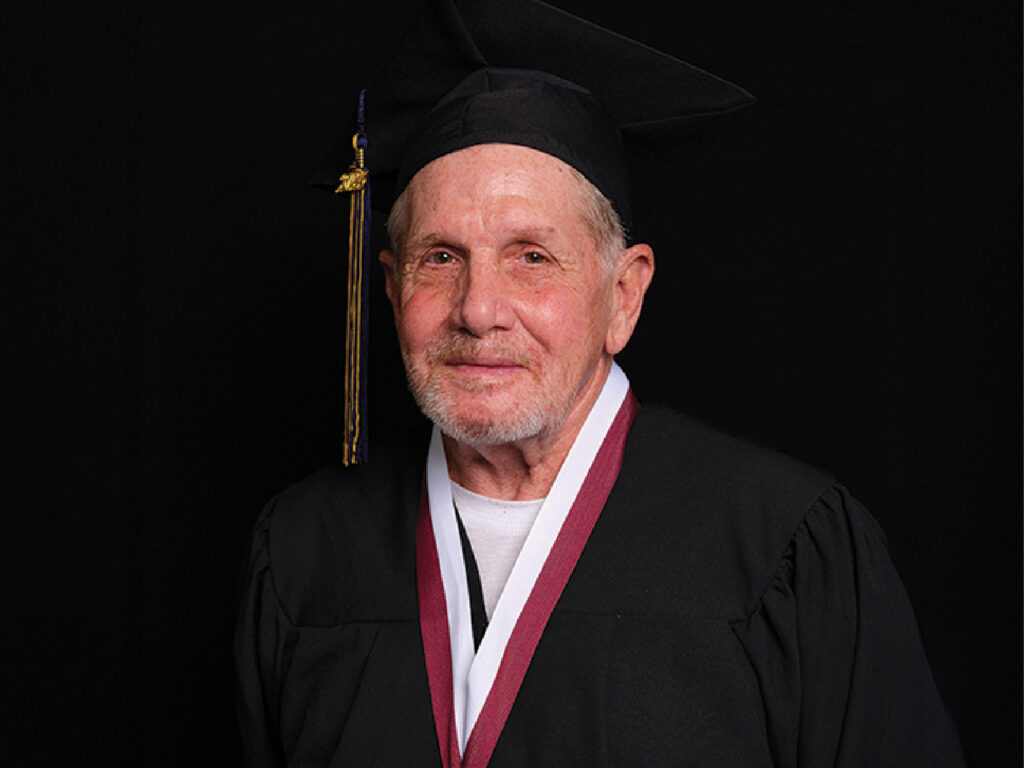I was born and raised in Stockholm and grew up in a loving home. My dad is a doctor from the Gambia in West Africa, and my mom was a scientist, originally from Estonia, but emigrated to Sweden.
At around 8 years old I started learning about hip-hop culture in New York and by 11, I had started rapping. I then started going into studios—at the time in Sweden there were a lot of youth centres that put a lot of effort in having the kids involved in music programmes.
Then on the way home from my sister’s wedding in Italy when I was 17, we were in a car accident and we lost my mom. My dad had moved back to Africa at that time, so it was rough for me as I was living with my grandparents. Yet shortly after, I was offered my first record deal, aged 17, and signed at 18.
I signed another deal aged 23 with my Swedish group, The Navigators, and when we went our separate ways, I started to work with American artists and I was asked if I wanted to put eight bars on an Ashley Tisdale record. I was soon invited by a producer called Bloodshy to work on a Britney Spears record. I then worked more with Ashley Tisdale, I was having meetings with huge agents and I had a really good set up in L.A.
That’s when this incident took place, where in 2008 I made a bad decision and had an altercation that led to the death of a man called Mr Osnes. The following day I was arrested, but I didn’t know he had died—when I was told, I broke down and cried.
Eventually I was sentenced to 15 years-to-life in jail for second degree murder. I take full responsibility and I have extreme remorse for what I did, I took a man’s life. Even though it wasn’t on purpose, I live with that every day.
But it was shocking because I had dreamt about being in LA and I had worked really hard for 20 years in the music industry. That was the hardest time of my life next to losing my mom.
I caught on to the codes of jail pretty quickly. Me being from another country made me vulnerable in one way but also protected me in another, because I’m not affiliated with a gang. “Where you from?” in LA county jails is kind of how they invite you to fight.
I transferred to Solano County Jail and I fit in pretty quickly because I avoided trouble—like gambling or borrowing money. I went to the law library a lot, to church, read the bible and worked as an English and Math tutor. About six months into my sentence I bought a guitar and started playing and writing songs, that was pretty much my life for about three and a half years.
But what happens in an environment like that is that you can’t be soft, because you’re going to become a victim very quickly. You spend your hours in the yard working out to make sure no one messes with you, and walk around like you’re super tough. But you never really deal with all these different emotions you have inside.
The majority of people in prison will eventually get out. So who do you want as your neighbour? Somebody that’s been put in a really violent yard, with no resources to deal with their anger issues. Or do you want somebody who has access to programs like prison yoga or mindfulness meditation, non-violence self help groups and education?
One thing I always did was write music. Then the Swedish Consulate said they could visit me more often if I moved to San Quentin State Prison. Transferring to a different prison is iffy because you don’t know what you’re getting yourself into, but it was approved in 2013.
Within a week I performed in church, I rapped a long verse and the whole church stood up and gave me a standing ovation. The day after a guy came up to me and asked me to come down to the media center. I started working there, editing different radio stories and learning a lot about journalism. I had an iMac computer but there was no music software, so I really wanted to get a keyboard in.
I asked a friend in Sweden to order a keyboard for me. I knew it wasn’t allowed in, but i prayed about it. Gator, my cellmate, happened to be there when the keyboard came. They were going to send it back, and Gator—who knew everyone because he’d been down for more than 40 years—told them it was mine and that I was going to teach him piano. I got the keyboard, and started producing beats in the cell. Half San Quentin Mixtape Vol. 1 is actually made on that keyboard.
People knew me because I used to perform as a rapper in San Quentin—a lot of the youngsters used to come by the media center and listen. But I’d hear them rapping things like, “shoot him in the head!”—crazy type talk that was glorifying violence.
I offered incarcerated men the chance to be on the mixtape and I said I would produce it on one condition; that they use no profanity and no derogatory language at all. Instead, I told them to talk about their struggle, their authentic feelings or how they miss their mom or daughter.
They were not used to doing that in such a vulnerable way. And they definitely weren’t used to rapping without curse words. But I knew that if you take out the curse words, you have to dig deeper, you have to find other words to explain. I showed them some of my songs where I don’t cuss. It was still hardcore beats, but what they were saying was more authentic.
When they rapped, a lot of them broke down in tears because everything became so real. But I think because they were being authentic, everyone else in prison could relate to what they were saying because they felt the same pain.
That’s what is so beautiful about truth.
I recorded hundreds of songs in different volumes—San Quentin Mixtape, Vol. 1 is just the first. It took more than four years, and probably worked with 50 to 60 guys during that time. San Quentin has volunteers come in and they would see me with these youngsters in the San Quentin Music Program, and people started talking about it.
I started working with Dream Corps’ #cut50, founded by Jessica Jackson, Matt Haney and Van Jones. Then I met J. Cole when he came in with Scott Budnick, producer of The Hangover, and eventually Common wanted to come in as well, and we had a meeting and talked. He sat and listened to all the songs.
Word kind of spread around. Kim Kardashian heard about it and came in and talked to me. What surprised me about her was how dedicated she really is to prison reform, and how much she really knows about the issue, and how well her questions were formed. That was something that I was very inspired by.
Before I was released from San Quentin in March, I made sure that I had taught the skills needed to my team. I really wanted it to continue like a professional studio environment. The team at San Quentin are continuing the legacy of it all and I’m still producing the beats from Sweden.
Right now I’m back living in Stockholm. I’m promoting the mixtape and building back my career. But there is still a problem with structural racism, and there are so many different entities within society that contribute to the problem. I went to the Black Lives Matter protest here and what I really hope is that people get away from this “All Lives Matter” thing.
Black Lives Matter is not saying that other lives don’t matter. And it’s so frustrating to keep hearing that. You have to be blind not to see the oppression that’s been going on for Black people for more than 400 years.
There’s a fire going on and it needs to be fixed. It’s a worldwide issue.
I could never just go back to just working and making money and forget about where I’ve been. To me the San Quentin guys are like family.
One thing that was important to me was not only record these mixtapes, but invite people from the music industry to talk to the inmates. So that when these guys eventually parole, they have this connection to the industry.
I love being able to still be part of the project. It’s beautiful to be home, but there are plenty of good men still in prison, and some of those guys I may not ever see again. I get emotional about it—it’s bittersweet.
Attribution: This article originally appeared in Newsweek on June 25, 2020.
Read Story
